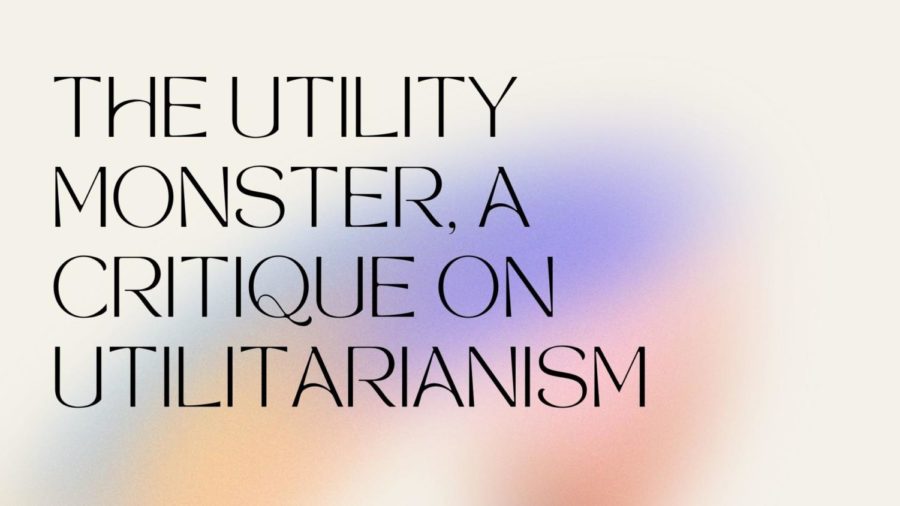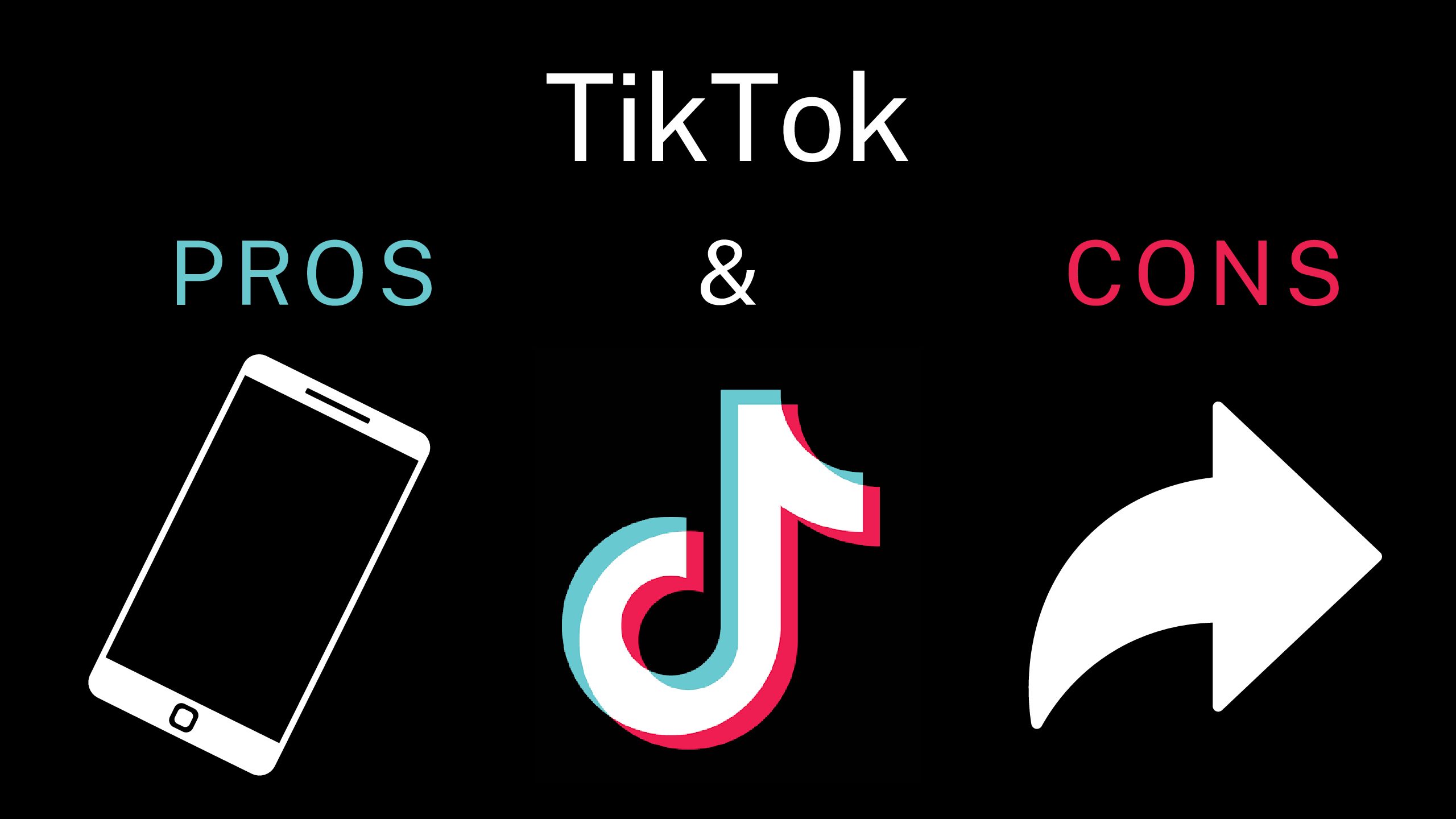The Utility Monster, A Critique on Utilitarianism
Utilitarianism is the principle that decisions made should prioritize the group instead of the individual. The happiness and success of the group or “team” comes before that of any specific person.
December 22, 2021
Utilitarianism is the principle that decisions made should prioritize the group instead of the individual. The happiness and success of the group or “team” comes before that of any specific person.
At a surface glance, the main concept of utilitarianism seems valid. After all, maximizing results for a group seems like a more beneficial and less selfish idea than simply promoting individual achievement and contentment. Utilitarianism is all about achieving the maximum happiness possible (and minimizing suffering and discontentment) for a collective group, which in turn can produce ideals of democracy and fairness.
Seems like a good idea, right?
Not really. With the onset of utilitarianism, there are various logistical and ethical problems that can arise with its philosophies. One such problem is the Utility Monster, a rebuttal to utilitarianism first thought of by Robert Nozick in 1974.
The Utility Monster theory is a hypothetical situation involving a hypothetical being called the Utility Monster and some cookies. From consuming each cookie, the Utility Monster produces much more “happiness” than the average person, thus being able to provide more happiness to the populace than the average person. So, following the tenets of utilitarianism, one would give the Utility Monster more cookies than the rest of the humans to produce the greatest output of happiness.
However, the amount of cookies —a metaphor for human resources in this problem— is limited, which means that if the Utility Monster were to receive more cookies, cookies would have to be taken away from everyone else; thus reducing the happiness output of others.
This is obviously unfair as there is an imbalance between the cookies being doled out to the Utility Monster and any other person. Despite this act of unfairness, giving more cookies to the Utility Monster would still produce the greatest amount of utility for the populace and net happiness would be maximized. Still, others would lack resources —or in this case, cookies— and would have to suffer in exchange for greater net happiness. In order to increase net happiness, more people would have to suffer.
This is a drawback of utilitarianism. This philosophy of maximized happiness and utility will always be subject to those “utility monsters.” This raises the question, is net happiness and utility representative of true happiness and utility? You could say that a group’s utility is directly correlated to the utility of the least happiest person in said group.
But what is happiness and how can it be measured? Can it even be measured in the first place? Happiness varies from person to person and there is no concrete way to quantify the amount of happiness in an individual or a group.
This is why utilitarianism does not work as either a concept or a method of action. Utilitarianism centers around the maximization of happiness, something that can’t be properly measured and has no concrete unit. Furthermore, utilitarianism even goes so far as to contradict its own philosophy as seen with the example of the Utility Monster.
Thus, utilitarianism, as fair and just as it might seem at first glance, is —in my opinion— an invalid and unreasonable idea, lacking the fundamental logic and ethical qualities to make it a working method.








